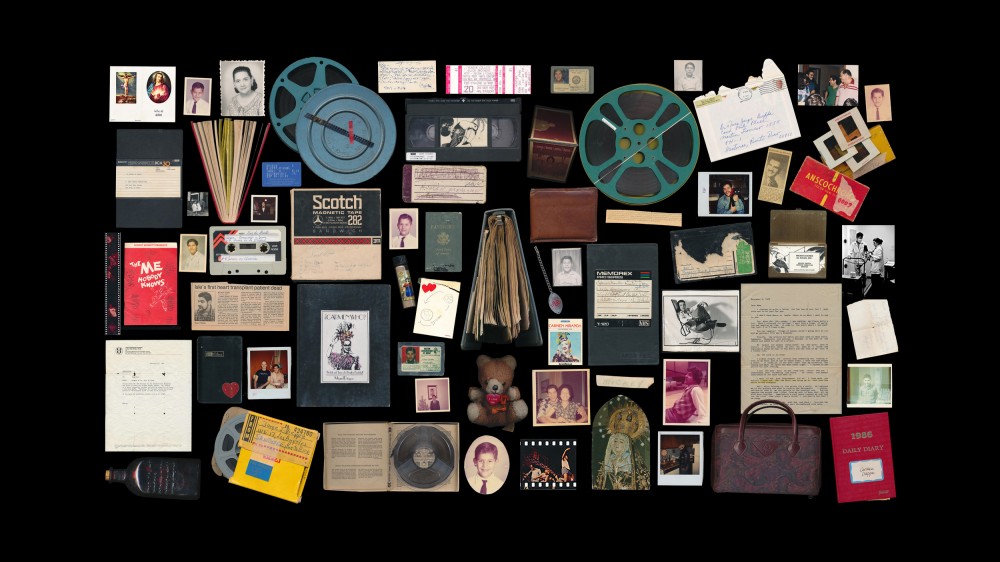Cecilia Aldarondo’s documentary “Memories of a Penitent Heart” began as somewhat of a coincidence.
“It all started around 2008, when my mom found a box of home movies in the garage,” Aldarondo said. “She knew I was the family film nerd … They depicted her childhood in Puerto Rico … I started literally combing through these family objects, and it was through that that I started to remember my uncle.”
The resulting documentary, which was an official selection for the Tribeca Film Festival, follows Aldarondo’s exploration of her family history and secrets, from her curiosity about her uncle Miguel, who died from AIDS, to the search for her uncle’s partner, Robert. The documentary will screen at the Regis Center for Art’s InFlux Auditorium March 26.
“Memories of a Penitent Heart” works through the varying narratives about Miguel’s life, from his time in the New York City theater scene to his family’s disapproval of his sexuality.
While Aldarondo was working towards her Ph.D at the University, her studies were focused in archives, a theme that is central to “Memories of a Penitent Heart” — she describes the documentary as an “archival excavation.”
“It’s a film about loss and death … Well before I started this film, I was fascinated with the stuff people leave behind, and the idea that material remains can be a very powerful memory of the past,” Aldarondo said.
“Memories of a Penitent Heart” implements montages of these items that Aldarondo and her editor, Hannah Buck, scanned and looped together to closely examine details of people’s lives that were left behind, like Miguel’s wallet.
“The decision to use the objects … in such a tactile way really drew me into the film and drew the audiences in even deeper,” said Brennan Vance, a graduate of the University and the film’s cinematographer. “You got a sense of who these people were through these objects. You feel the loss of the characters that much more profoundly.”
The style of the documentary reflects this focus — Aldarondo blended film footage, artifacts, interviews with Miguel’s family and friends and photos to transcend more traditional documentary styles.
“The interviews needed to feel like these characters were in this natural environment … and what was included told you about that character in addition to what they were talking about,” Vance said.
For Aldarondo, one of the challenges of producing a film about a complicated family history was deciding how to place herself within the context of the narrative.
“I knew that the focus of the movie was never supposed to be on me, but then through the course of the film … it became really important to be more open to the role that I did have, which was ultimately … that of detective,” Aldarondo said. “But I’m also judge, jury and executioner.”
The documentary is an intersection of multiple themes — religion, sexuality, the AIDS crisis, family — giving viewers multiple access points to the narrative.
“Depending on where they situate themselves … there’s a character to identify with, and there’s a perspective to grapple with,” Aldarondo said. “I would say the most powerful responses that I’ve had are from people who are survivors of the AIDS crisis. … I also recently had a young queer man of color saying that he hadn’t seen any films that dealt with the intersections of colonialism, religion and sexuality that he himself was grappling with.”
The screening is co-hosted by the Interdisciplinary Center for Global Change, the Departments of Art and Cultural Studies and Comparative Literature, the Institute for Advanced Study, the Office for Equity and Diversity and Moving Image Studies. A discussion with Aldarondo and Dr. Jane Blocker, a professor of art history, will follow the screening.
What: “Memories of a Penitent Heart” Screening
When: 6:00 p.m. (light dinner provided 5:30 p.m.)
Where: Regis Center for Art InFlux Auditorium, 405 21st Ave S, Minneapolis








